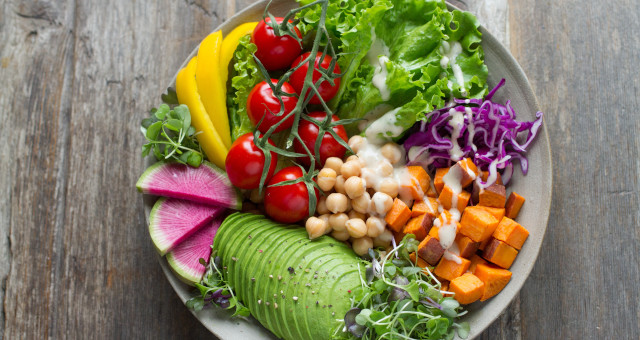
ADHD is one of the most common diagnoses in the United States today. It is the subject of many research projects and has been given ample attention by doctors, therapists, and educators at every level. Thankfully, our culture is becoming much more friendly to those who struggle with ADHD and there are a growing number of resources and support for these individuals. The focus of treatment tends to be on cognitive and behavioral skills, and while these skills are important parts of treatment, they are not the only interventions which can address issues related to ADHD. For example, people often overlook how diet can help with different ADHD symptoms. If you or someone you love struggles with ADHD there are some dietary interventions you can look into to help some of those symptoms improve. First, there are some rules to consider for an ADHD friendly diet. These rules come from Dr. Daniel Amen, MD and his research in the AMEN clinics. If you want more information, check out his book, Healing ADD: The Breakthrough Program That Allows You to See and Heal the 7 Types of ADD.
Rule 1) Restrict your calorie intake and make sure they are “high quality calories”. Make sure your meals consist of different food groups and different colors (look at rule #6).
Rule 2) Don’t drink your calories, drink half your body weight in ounces of water.
Rule 3) Eat lean protein throughout the day such as nuts, fish, turkey, chicken, and beans. Protein helps boost your focus and concentration.
Rule 4) Eat carbohydrates that are low glycemic and high in fiber. Avoid refined carbs and simple sugars as they can increase inflammation in the body, which increases inflammation in the brain, which then leads to increasing ADHD symptoms.
Rule 5) Focus on healthy fats, especially omega-3 fatty acids.
Rule 6) Eat from the rainbow (not referring to Skittles).
Rule 7) Use brain-healthy herbs and spices in your cooking such as turmeric, saffron extract, rosemary, thyme, garlic, oregano, cinnamon, and sage.
Rule 8) Eat clean food. Avoid foods with loads of pesticides; give your food a good wash before consuming.
Rule 9) Eliminate any foods that might be causing trouble, especially gluten-containing grains and foods. Gluten can cause inflammation which has been shown to exacerbate mental health symptoms.
These are dietary guidelines to help individuals, families, and professionals exercise cleaner and healthier diets to address ADHD related issues. Before making serious changes make sure to consult your doctor as these rules do not necessarily take into account allergies, blood related disorders, or dietary restrictions you may have already in place. Do not separate the link between your brain and your body. It is always a good idea to find a provider who approaches these issues holistically. A healthier gut lead to a healthier brain.
